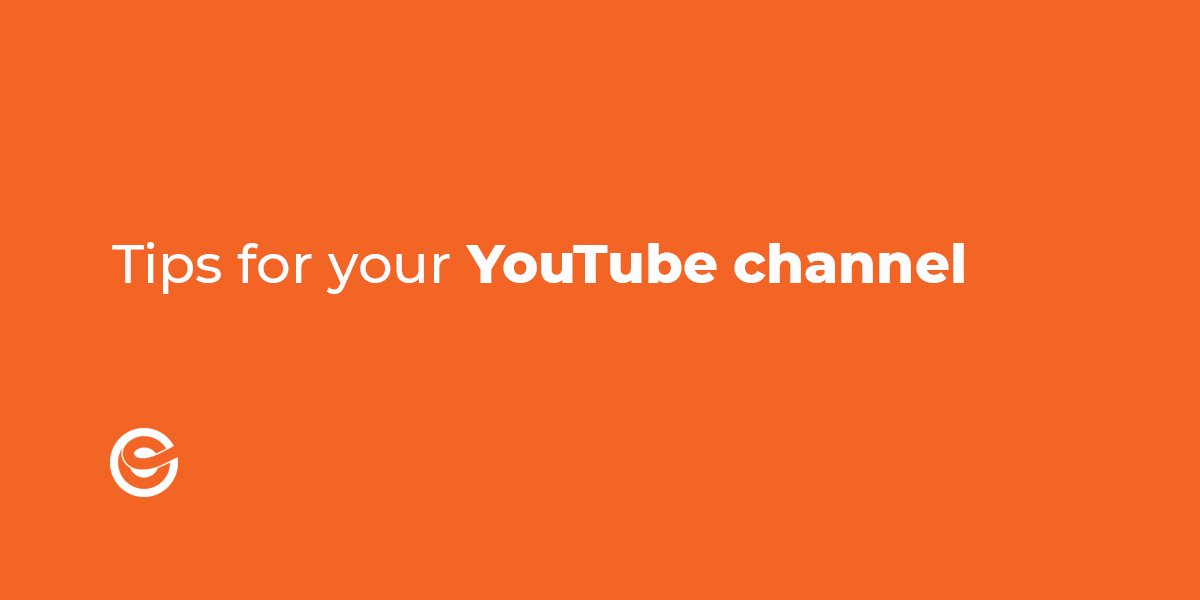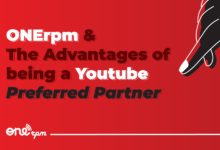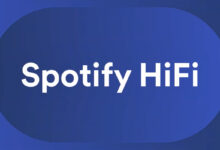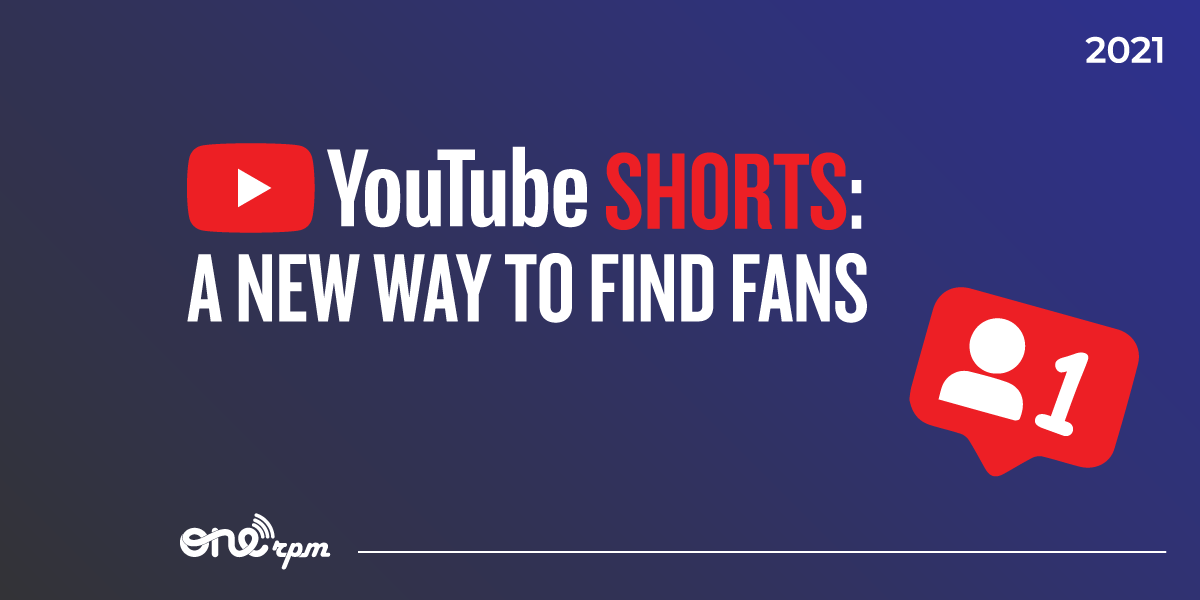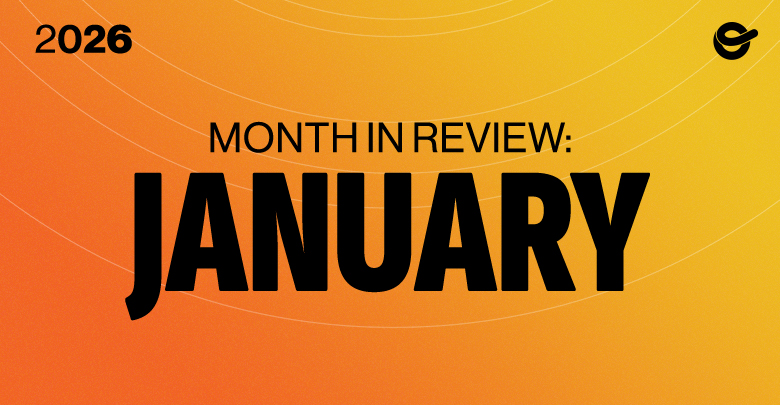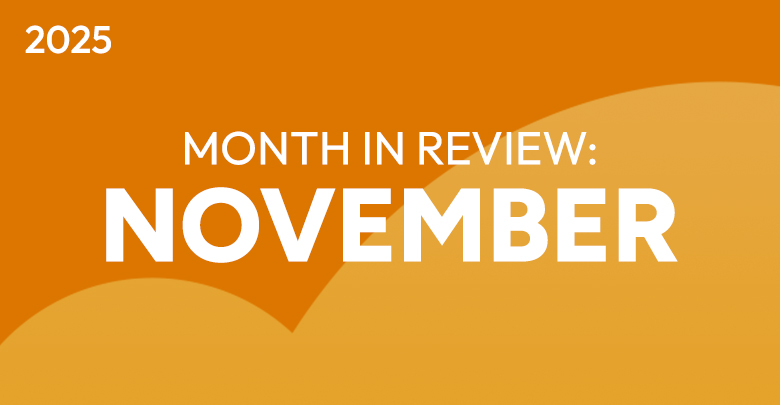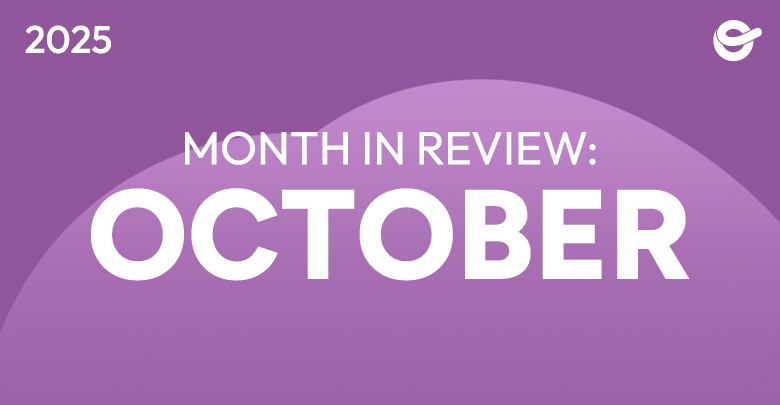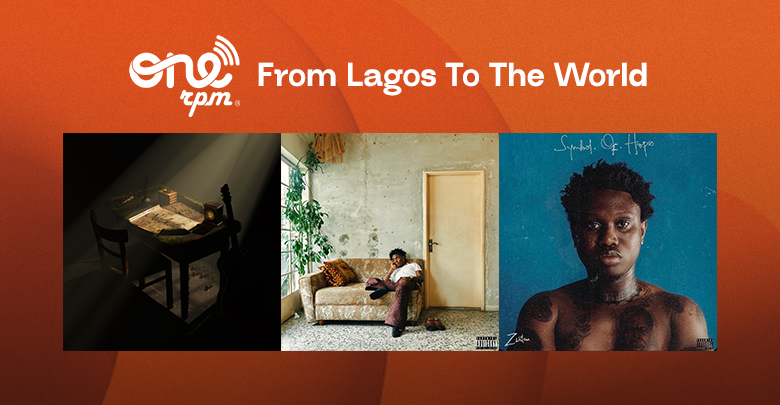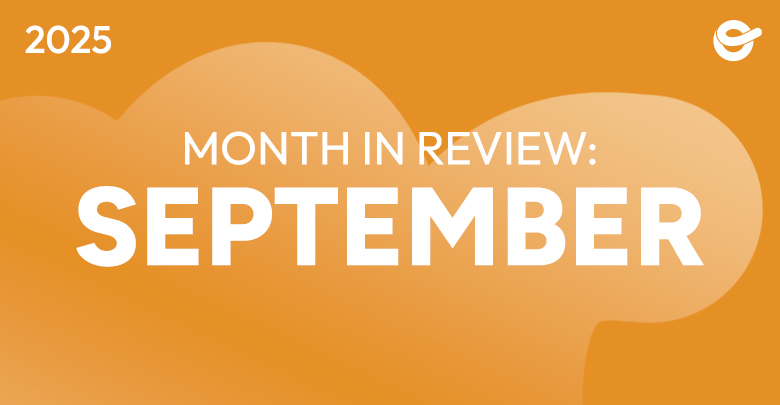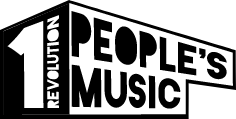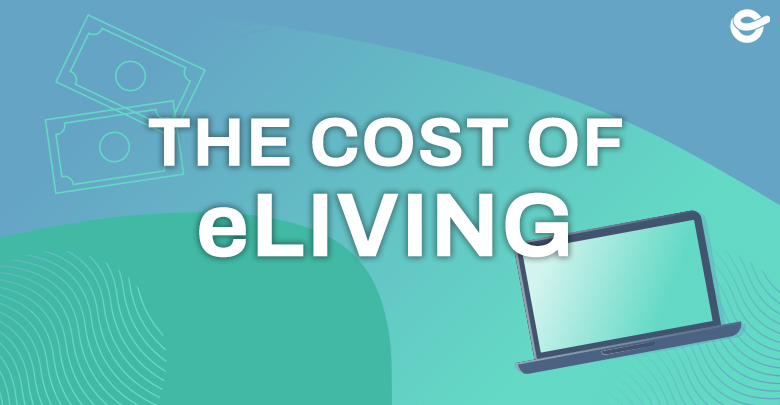
The Cost of eLiving
The Internet is Going Pay-To-Win
Every day, tech companies are pawning off more and more of their loss column on the consumer. In the midst of massive tech contraction, learn how the cost of competing on the internet is rising, and how the once free internet is now a not-so-subtly monetized hellscape.
Video game fans are well aware of the concept of “pay-to-win.” If you don’t speak gamer, “pay-to-win” is when video game companies give players the option to pay money to make the game easier. It doesn’t sound too bad on the surface, but in practice, it encourages game companies to get you hooked on a game and then make it so hard that you start coughing up cash. If you’ve ever played Candy Crush, you know what we mean. While the gaming industry has made this a pillar of its business model in the last 20 years, the rest of the digital world has remained mostly socialized – until recently.
Yet, in the wake of a pandemic that saw massive expansion and contraction in the tech sector, the biggest companies in the world are facing tough choices and financial woes. Meta, Google, Amazon, and Microsoft were all forced to lay off staff and take a hard look down the road. Outside of the tens of thousands out of work, the long-tail impacts of these changes are still playing out in real time. The biggest change? How companies are offsetting their costs. Have you guessed it yet? That’s right, the internet has gone pay-to-win.
What’s Happening Now
The most obvious userbase monetization comes in the form of programs such as Twitter Blue. A bulletin news headline when first announced, Twitter Blue is a subscription service that allows users to pay for verification. An easy way for the company to pad its bottom line, the service has quickly been abused by many and left many questioning the credibility of various accounts on the platform. It’s also coincided with the cratering of their ad revenue as big brands shy away, and sketchier buyers start to make up a larger proportion of their sales. Outside of verification, Twitter Blue users are served 50% fewer ads and have access to a number of features that were previously free to the entire platform before the onset of Twitter Blue.
While Twitter’s implementation of Twitter Blue has been dodgy at best, the platform has set a dangerous precedent. Most recently, rumors of Instagram’s paid verification have materialized in the form of “Meta Verified.” Is paid verification the extent of massive platforms monetizing their user base, or are companies just now becoming emboldened to tax their users given their increasingly stable place in the market and users’ lives.
This also tracks with Google purging old unused Gmail accounts and pushing users to start paying for increased storage in their Drive and other Google-linked services, and tech platforms like Facebook doing away with their own Authenticator apps. If you ask Music Business Worldwide about it they might point out that millions of tracks on Spotify have never been heard before. Someday soon, Spotify may just stop hosting that sort of content. After all, these companies operate at a sort of scale that’s unimaginable to the human mind, so every fraction of a cent compounds millions of times over. When companies like Meta talk about a “Year of Efficiency” they’re talking about efficiencies of scale that add up to millions of dollars a day.
Tale As Old As Telephones
In a way, this all goes back to the original debate of the internet – that of Bellheads Vs. Netheads. Essentially the dispute was whether users should pay at the point of service, or if the cost of the network should be distributed across the web. Early internet idealists fell into the Netheads camp, and at the dawn of many big internet companies, users were led to believe that the executives were all firmly entrenched in the Netheads side of the debate.
Gillian Welch once said “Everything Is Free Now” — those now sound like the aspirations of happier days, when the internet was promising an unending resource of new ways to interact with the subjects and content you loved without paying a dime. The reality is that nothing is ever truly free.

Marlo Stanfield once said “The Price Of The Brick Going Up” and in a way, just like Welch’s words encapsulated the spirit of the last two decades, his words capture the spirit of the modern internet. The robust, dispersed system that Netheads once idealized has in some ways been reduced to just a few major companies that promptly buy up any new organization that makes a dent in their market share. Just like Stanfield did to the New Day Co-Op, The PayPal Mafia and the rest of the cartel that has come to control the internet are now making the collective decision to pass on more of their costs to the end-consumer, confident as they are in their dominant market position.


